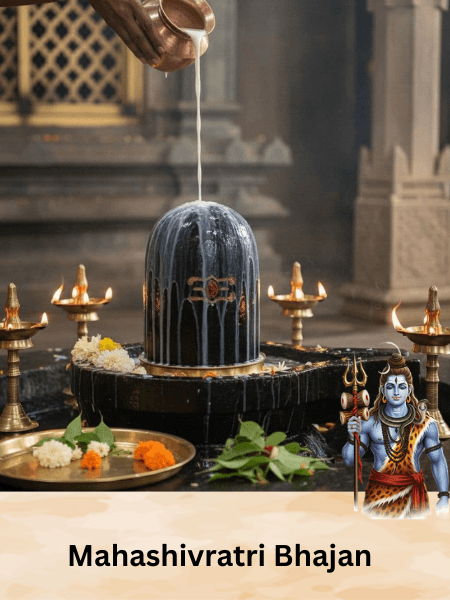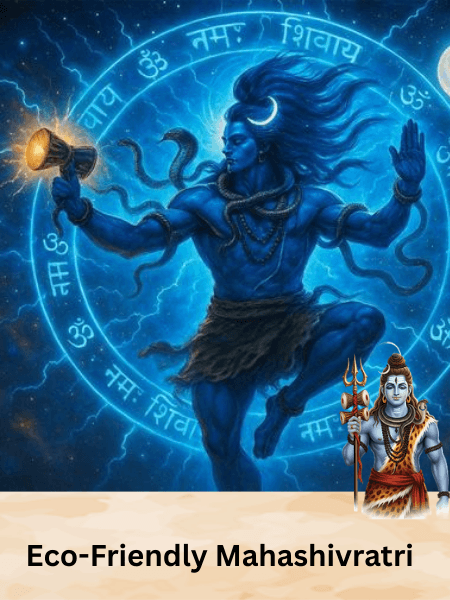
Sixth Shraddha Story
Learn the divine story of the Sixth Shraddha, a holy tradition that reinforces the values of gratitude, family duty, and the eternal bond between ancestors and their descendants.
Sixth Shraddha Story in English
According to scriptures, performing Pitru Yagna (rituals for ancestors) is considered essential for all classes and communities. If someone misses performing Shraddha rituals, provisions like Gaya Shraddha are described as alternatives. The scriptures state that honoring ancestors is more important than worshipping deities, so it is necessary to please the ancestors first. The Garuda Purana mentions that performing Shraddha at the right time ensures that no one in the family remains unhappy. During Pitru Paksha, performing Shraddha brings peace to the souls of ancestors and also frees the performer from ancestral debts (Pitru Rin). Properly observing Shraddha on the sixth day (Shashti) helps fulfill all wishes and provides relief from diseases. Those who forget their ancestors are considered disrespectful.
Did you like this article?
Recommended
Read more
Mahashivratri 2026 Bhajans
Explore popular Mahashivratri bhajans for 2026. Learn devotional songs, mantras, and chants to honor Lord Shiva and enhance spiritual devotion during the festival.

Mahashivratri 2026 Puja for Kumbh Rashi
Learn how to perform Mahashivratri puja for Kumbh Rashi in 2026. Discover zodiac-specific rituals, mantras, and spiritual benefits to seek Lord Shiva’s blessings.

Mahashivratri 2026: Celebrate Sustainably
Learn how to celebrate Mahashivratri 2026 in an eco-friendly way. Discover sustainable puja ideas, decorations, and practices to honor Lord Shiva responsibly.